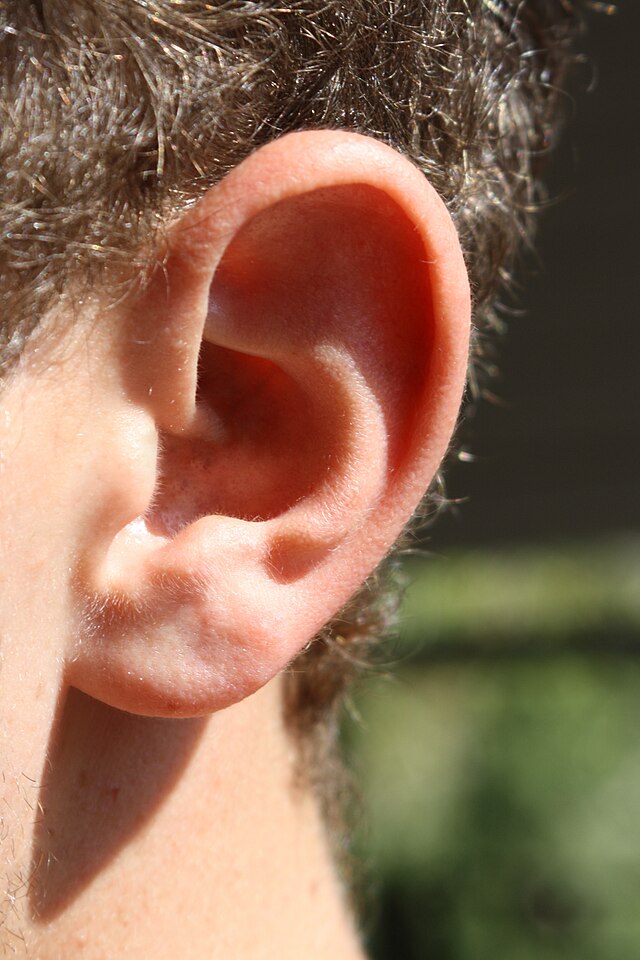Ear infections are one of the most common illnesses in babies and young children. Because children may not always be able to explain what they’re feeling, it’s important for parents and caregivers to know the signs and symptoms to look out for.
Here’s how to tell if your child may have an ear infection; and when to seek medical help.
What Is an Ear Infection?
An ear infection (also called otitis media) happens when fluid builds up behind the eardrum and becomes infected with bacteria or viruses. It often occurs after a cold, sore throat, or respiratory infection.
Children under age 5 are more prone to ear infections because their Eustachian tubes (which connect the middle ear to the throat) are smaller and more easily blocked.
Common Signs of Ear Infection in Children
Your child may have an ear infection if they show one or more of the following symptoms:
1. Pulling or Tugging at the Ear
- This is often the first clue in babies or toddlers who can’t speak yet.
- They may also rub or hit the side of their head.
2. Crying More Than Usual
- Especially during feeding or at night when lying down.
- The pressure from fluid buildup can be painful when lying flat.
3. Fever
- Mild to high fever (above 38°C or 100.4°F) may accompany the infection.
4. Difficulty Hearing or Responding
- Fluid in the ear may muffle sounds.
- Your child might seem like they’re ignoring you or watching TV at a louder volume.
5. Trouble Sleeping
- The pain often worsens when lying down due to pressure changes in the ear.
6. Fluid or Pus Coming from the Ear
- If the eardrum ruptures, you may see yellow or white fluid draining from the ear.
- This might provide temporary pain relief, but the infection still needs treatment.
7. Loss of Balance
- The ear helps with balance, so your child may seem clumsier than usual.
8. Poor Appetite or Vomiting
- Ear pain can make chewing and swallowing uncomfortable.
- Some children also feel nauseated from the pressure in the ear.
When to See a Doctor
See a healthcare provider if your child:
- Has ear pain lasting more than a day
- Has a fever over 38°C (100.4°F), especially in children under 2
- Has discharge coming from the ear
- Is very irritable or hard to console
- Seems very tired or lethargic
At Mascot Healthcare, we offer gentle ear checks and treatment for children. Many ear infections go away on their own, but others may need antibiotics or ear drops depending on the cause and severity.
Can Ear Infections Be Prevented?
You can help lower your child’s risk by:
- Breastfeeding (provides immune support)
- Avoiding bottle-feeding while lying down
- Keeping your child away from secondhand smoke
- Washing hands regularly to prevent colds
- Getting routine childhood vaccinations (like the pneumococcal vaccines)
Your child’s ears matter. If you’re unsure, it’s always better to check. Early treatment can prevent complications like hearing problems or repeat infections.
